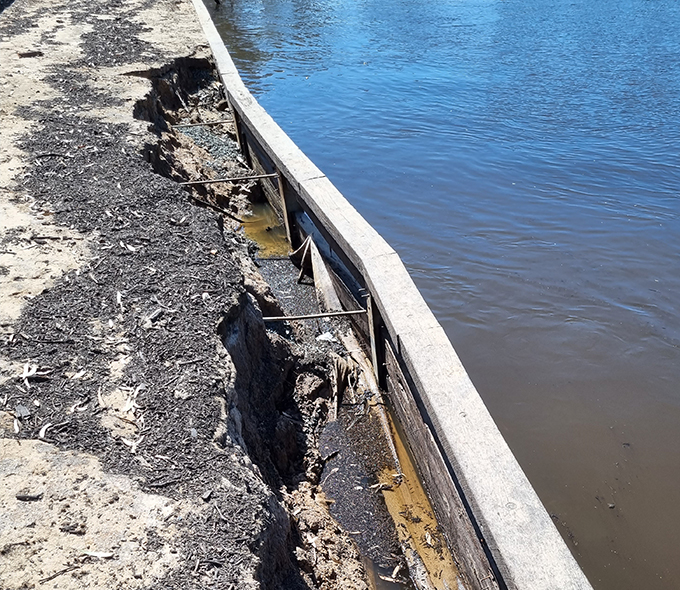In a globalised world with complex supply chains, it is essential to have effective laws, policies, and procedures to ensure the protection of human rights, including due diligence to prevent trafficking in persons for purposes of forced labour and protection of trafficked persons, a UN expert said today. The UN Special Rapporteur on trafficking in persons, especially women and children Siobhán Mullally issued the following statement:
“I welcome the proposal for an EU Directive on corporate sustainability due diligence, which will come to a plenary vote on 24 April. However, it is essential that the Directive includes an effective accountability mechanism for prevention of trafficking in persons. As I have previously highlighted the current draft Directive does not ensure effective prevention and accountability, since it does not include small and medium enterprises. That constitutes a serious gap in a Directive that is aiming to make businesses accountable for their impact on people and the environment, including climate goals.
Further revisions are needed to expand the Directive’s scope beyond “established business relationships”, which could result in companies switching suppliers instead of developing comprehensive due diligence plans.
It is critical that all parts of the supply chain are covered by the Directive, including those stages where high numbers of women, and indigenous peoples are present, and where we see high risks of trafficking for purposes of child labour.
Additionally, a good due diligence plan can only be put in place as an outcome of a consultative process that includes from the beginning the affected person and communities. The Directive should include a requirement for such a participative consultative process with those who would otherwise pay the price of failures of prevention and accountability.
It is essential also to ensure effective access to justice and compensation, for victims of human rights violations, including victims of trafficking for purposes of forced labour. That is a cornerstone of the UN Guiding Principles on Business and Human Rights. I am concerned that significant barriers to accessing remedies remain under this draft Directive. The role of civil society organisations, trade unions, workers’ representatives, and human rights defenders under the Directive should be strengthened.
This proposed Directive is an important step in strengthening human rights due diligence, and in preventing trafficking in persons, especially women and children, in supply chains. As the proposal progresses, policy-makers must push for ambitious rules that strengthen prevention, protection and accountability for trafficking in persons.
As we mark the tenth anniversary of the Rana Plaza disaster, which resulted in the deaths of 1,100 people, and many injured, we are reminded of the urgency of ensuring the highest standards of human rights and labour rights protections in all workplaces, and supply chains.
In our shared humanity and desire for a sustainable future, we must strive to ensure that a Rana Plaza disaster never happens again.”
Mullally has been in contact with the European Union regarding these concerns.








